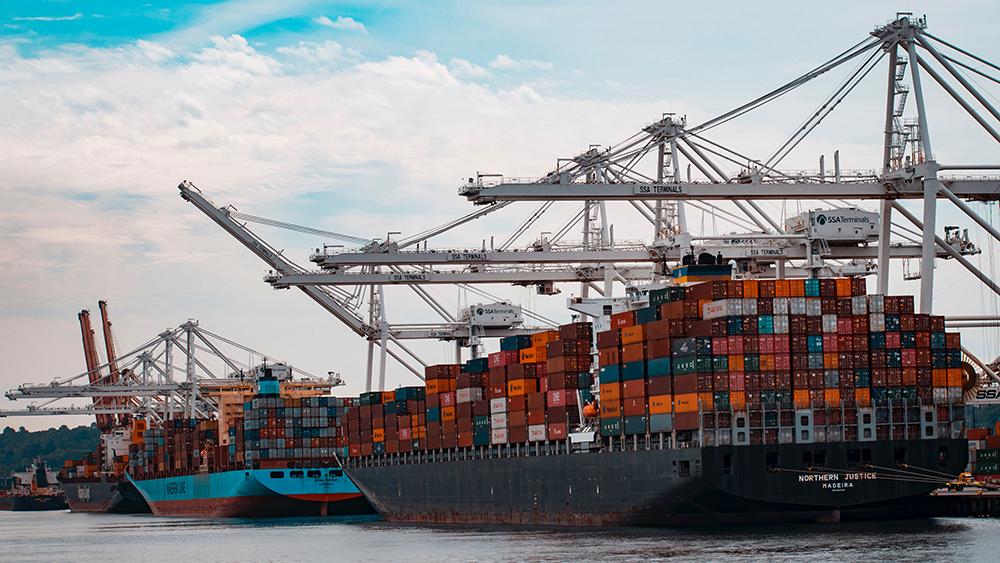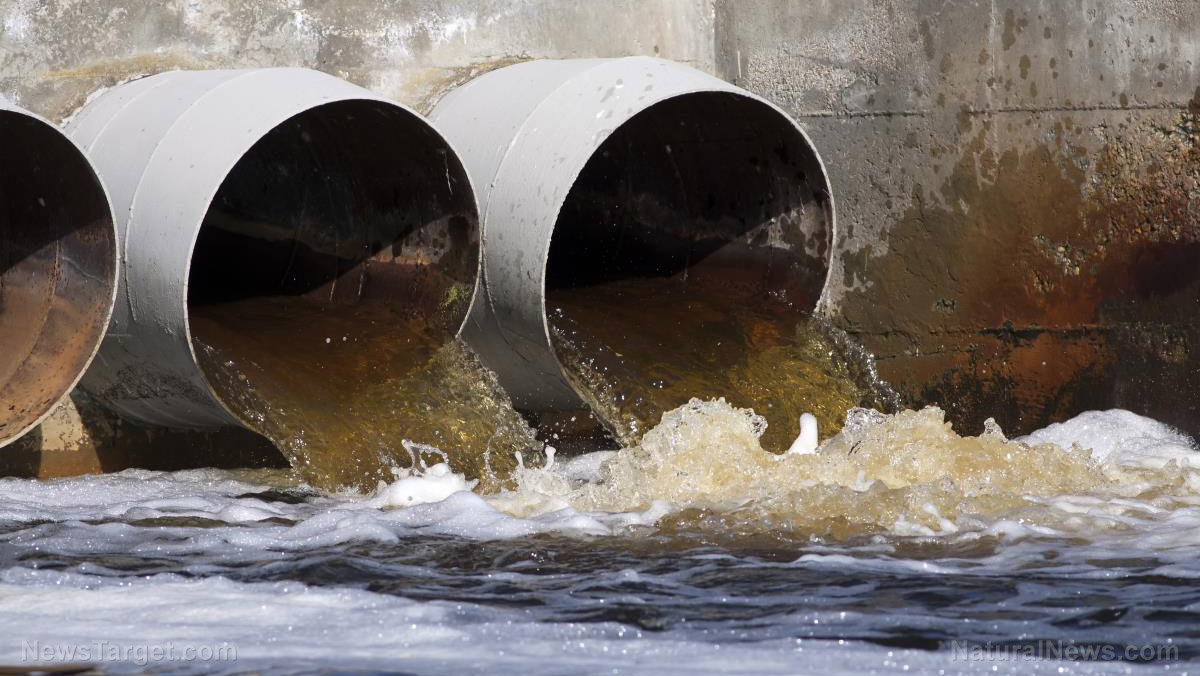
The UK is importing 27,500 tonnes of sewage sludge containing human waste from the Netherlands for agricultural purposes, despite concerns over its toxicity for human health and the environment.
A permit for 15 shipments was issued in February by the UK’s Environment Agency, according to documents obtained by Greenpeace’s Unearthed investigative unit and seen by Euronews.
The notification provides for the expedition until November 2020 of “dewatered municipal sewage sludge” as part of the “recycling/reclamation of organic substances that are not used as solvents” and for “agricultural benefit” — i.e. fertilisers to use on farmlands.
Unearthed‘s investigation found out that investigators commissioned by the UK’s Environment Agency uncovered that sewage waste was contaminated with “persistent organic pollutants” or microplastics and still tested positive for salmonella or “high concentrations of e-coli”.
In their report, they had warned UK authorities that the routine spread of sludge as fertiliser may ultimately leave soil “unsuitable for agriculture” and pose a serious risk to human health.
The Netherlands has banned the spreading of sludge on farmland since 1995 but has been looking for new disposal destinations after a crisis at an Amsterdam waste incineration company.
“The sludge that is spread onto our farms and fields has become such a toxic cocktail of plastics, chemicals and bacteria. Add waste from the Netherlands into the mix and the risk of further contamination is only going to skyrocket,” Greenpeace UK’s executive director, John Sauven, said.
While the UK legislation sets potentially toxic element (PTE) concentration limits when spread on the surface of grassland (1200mg/kg dry solids of lead for instance), there are no set PTE concentrations in the sludge that you can use on arable soils.
The Environment Agency launched its “strategy for safe and sustainable sludge use” in July which aims at reviewing “the current regulatory regime for sludge treatment, storage and use” by 2023.
“The Environment Agency really needs to get its own house in order before we allow the UK to become a dumping ground for other countries polluted sewage,” Sauven argued.
“Spreading sewage sludge is higher up the waste hierarchy than many alternatives, such as incineration and landfill. Sewage sludge can be spread to land as fertiliser or soil improver and can be a valuable source of nutrients,” an Environment Agency spokesperson said.
“While spreading waste can have beneficial impacts on the land when used as a substitute for manufactured fertilisers, we are clear this practice must not harm the environment. We will not hesitate to take enforcement action against those who fail to manage any risks appropriately – including prosecution in the most severe cases,” they promised.
Related posts:
Views: 0
 RSS Feed
RSS Feed

















 September 7th, 2020
September 7th, 2020  Awake Goy
Awake Goy 




 Posted in
Posted in  Tags:
Tags: 
















